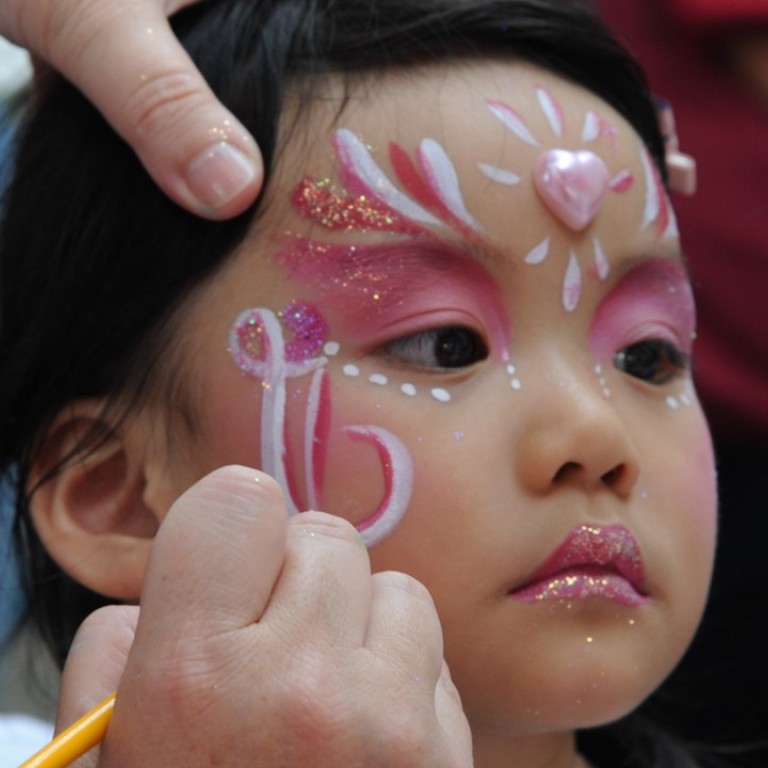
Back to the future: Macau looks to its heritage as it forges closer ties with Portuguese diaspora
Portuguese speakers are in high demand in the city as it moves to strengthen trade links between China and the Lusosphere, including Portugal, Brazil, Angola, Cape Verde, Guinea-Bissau, Mozambique and East Timor
Macau enjoys a rich cultural heritage, owing to its historical status as Europe’s first major colony in East Asia. As long ago as the mid-16th century, the city was a massively important hub for Portugal’s sprawling trade networks, described by some historians as the first global empire. Portugal’s broad reach established colonies across the world, making Portuguese one of the world’s most widely spoken languages.
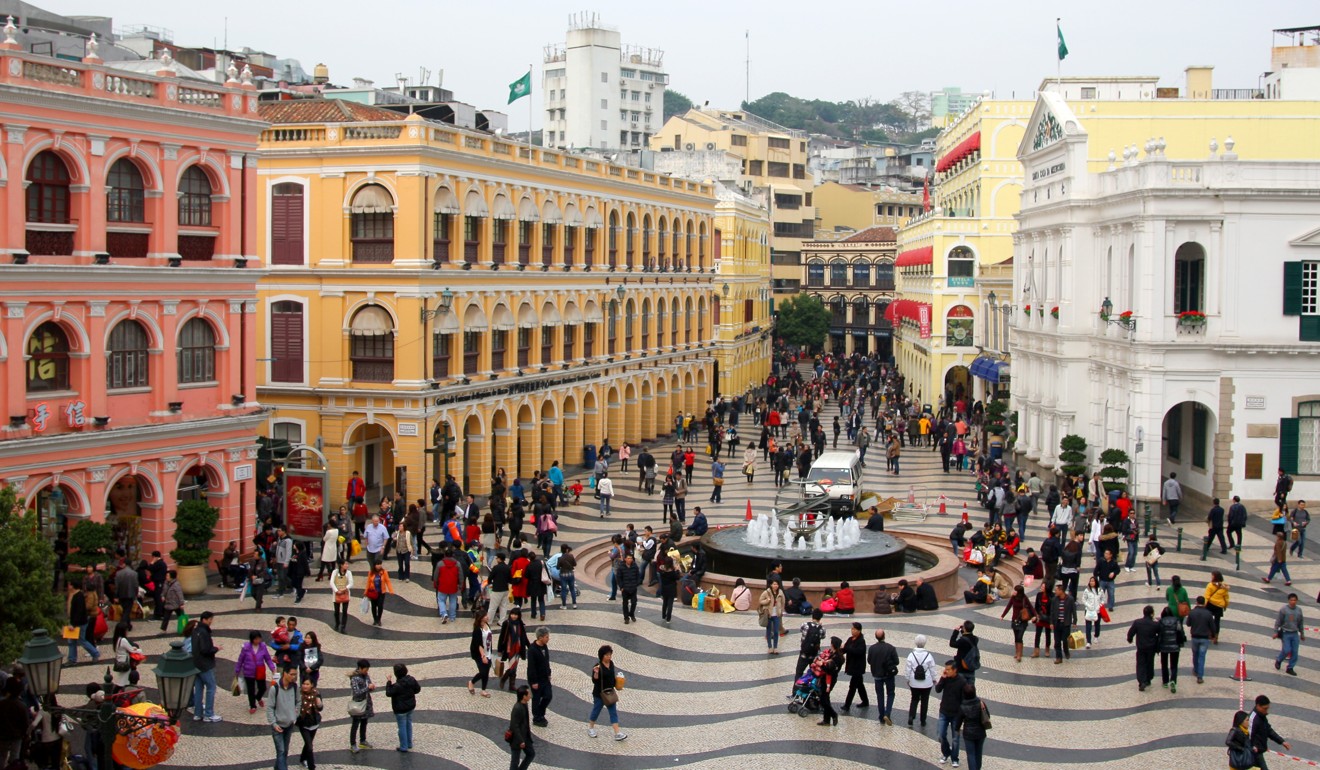
After more than four centuries, in 1999, Portugal returned Macau to China. The city is looking to reinvigorate its ties not just with Beijing, but with the whole Portuguese-speaking world.
Beijing, likewise, sees that improving ties with this deeply established cultural and economic network offers considerable rewards. The economies of Portuguese-speaking African countries are on the rise, and the potential of mighty Brazil as a major trade partner is almost unknowable.
To this end, Forum Macau was set up in 2003 with the specific aim of building economic and trade ties between China and Portuguese-speaking countries. The forum convenes annually in October in Macau, and every three years brings together a summit of leaders from mainland China and Portuguese-speaking countries, comprising Portugal, Brazil, Angola, Cape Verde, Guinea-Bissau, Mozambique and East Timor.
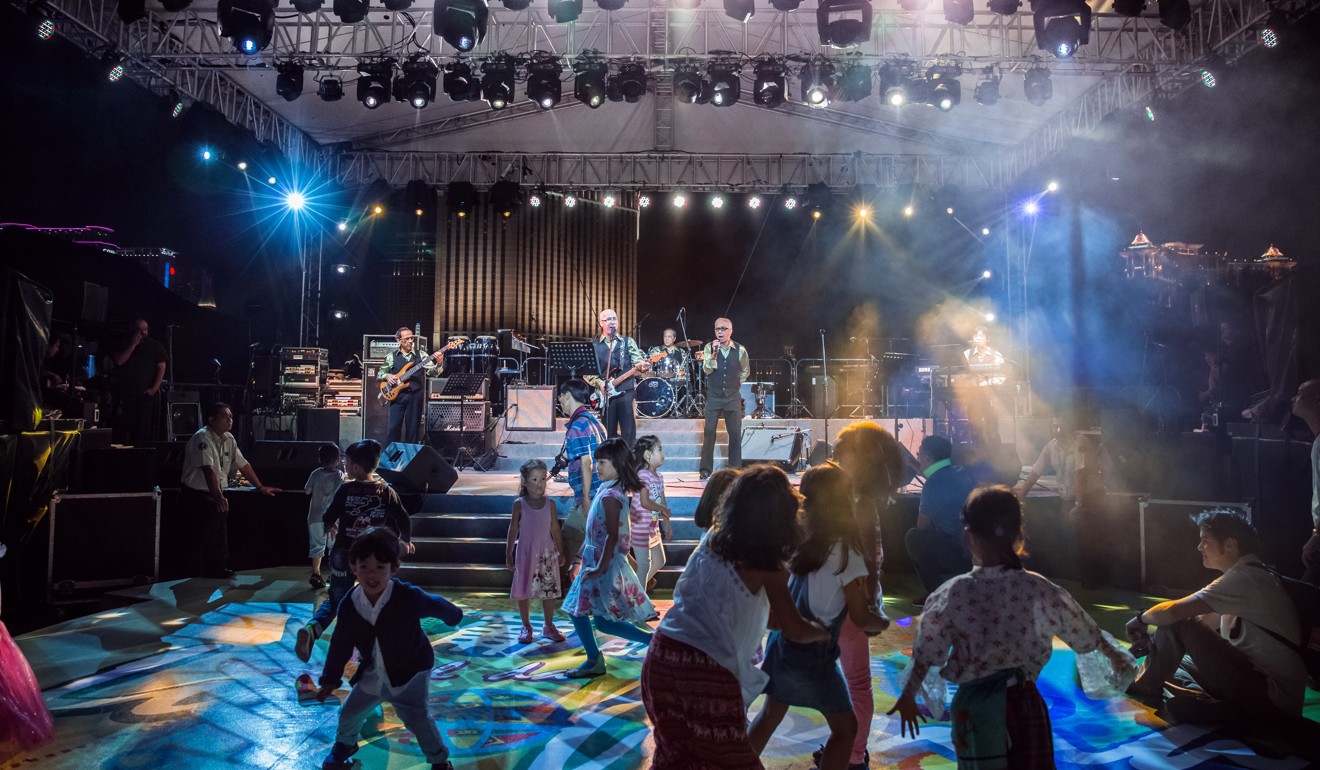
Perhaps as a consequence, Beijing’s approach towards the city has warmed appreciably. Last year on his visit to the forum, China’s Premier Li Keqiang called Macau “treasured soil of the lotus flower of the motherland”. He went on to announce a series of measures to boost Macau’s economy, and the establishment of a new headquarters for a cooperation and development fund for mainland China and Portuguese-speaking countries.
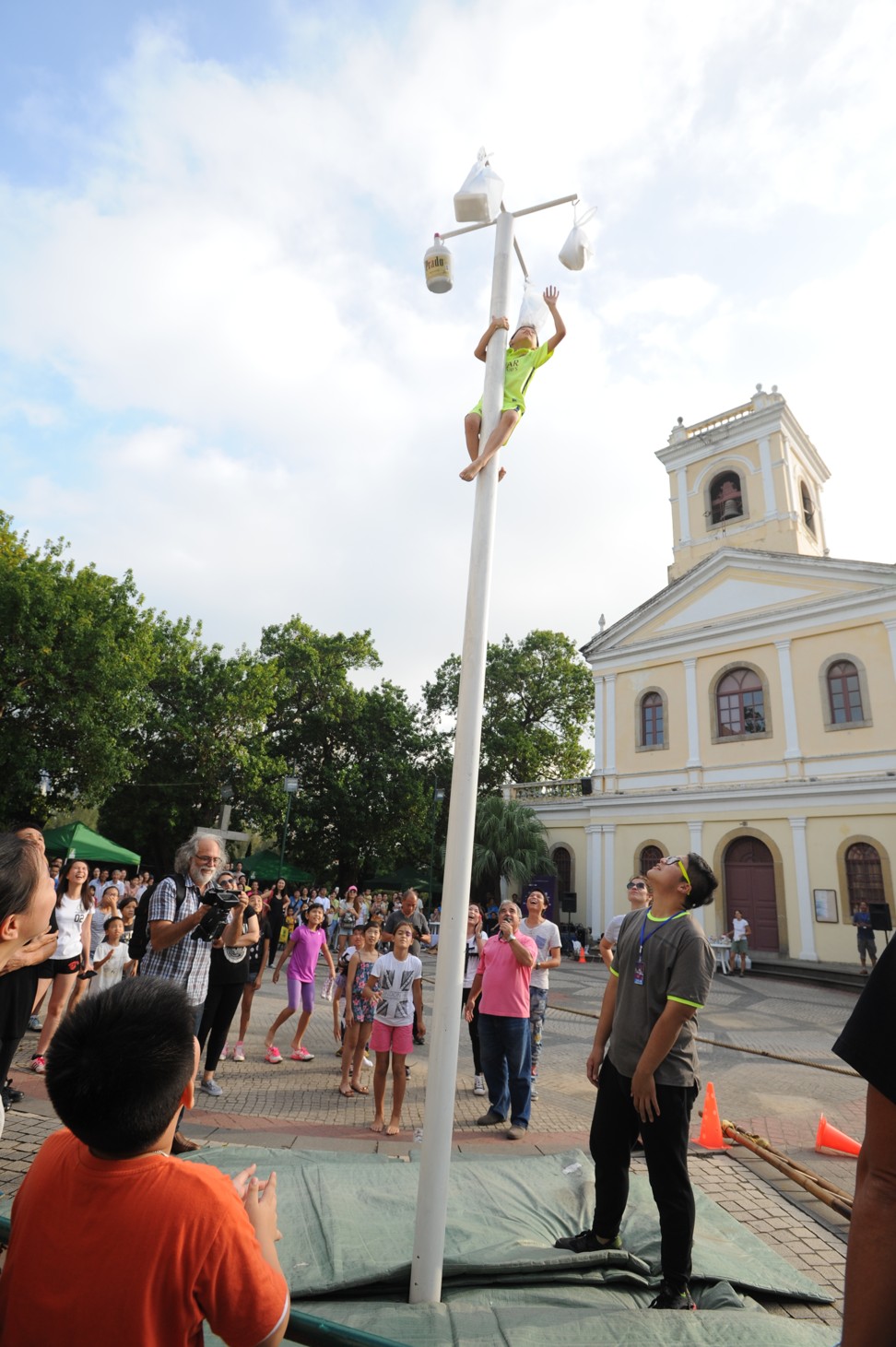
Such moves have buoyed up something of a Portuguese renaissance in the former colony. Before the handover, Macanese Portuguese was a language on the wane. Now, with China’s expanding global interests, Portuguese speakers are in high demand. Reflecting this demand, this year the University of Macau opened a new Chinese-Portuguese Bilingual Teaching and Training Centre – an expansion that might have been unthinkable a few decades ago.
But there’s more to enhancing relations than business suits and worthy speeches. In addition to hosting these high-level liaisons, October is also the month when Macau gets to play up its own soft-power offering. Every year since 1998 the city has held the Lusofonia Festival, an international three-day celebration of Portuguese music, arts and gastronomy.
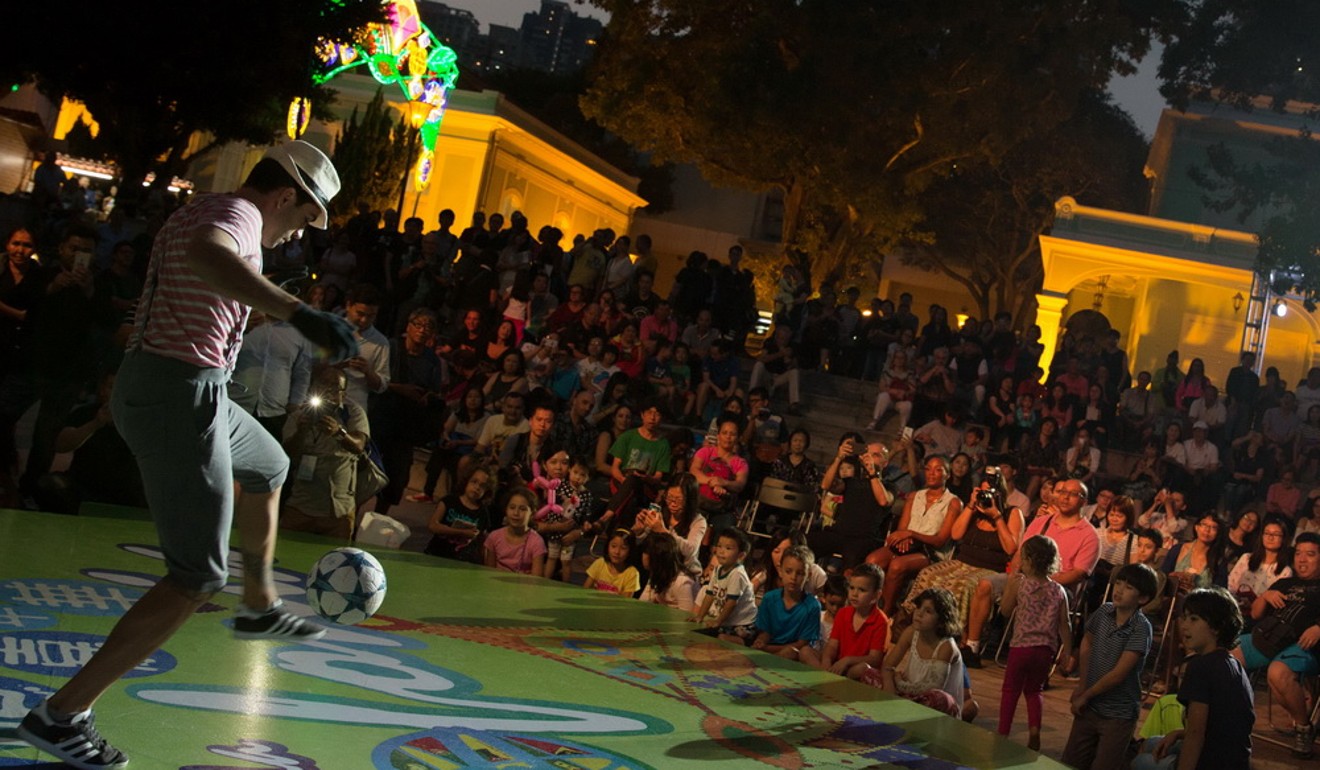
Lusofonia is derived from “Luso”, from the Latin term for the part of Europe that equates to modern Portugal, while “phone” comes from the ancient Greek word for voice. A Lusophone, therefore, can be anyone who speaks Portuguese, and the Lusosphere describes the Portuguese diaspora.
This year, the festival will run from October 21 to 23 at the Taipa Houses-Museum and elsewhere around Macau. It has an even broader scope than the forum: 10 countries are represented, namely Angola, Brazil, Cape Verde, Guinea-Bissau, Goa, Daman and Diu, Mozambique, São Tomé and Príncipe, East Timor, and of course Macau and Portugal. Visitors get to experience the regional cuisines, music, costumes and folk dances of the guest nations, and traditional street games and folk decorations. Performers at the Taipa Houses-Museum Amphitheatre include Brazilian singer Margareth Menezes, Tonecas Prazeres from São Tomé and Príncipe, and Tino Trimó, from Guinea-Bissau. Also on view will be the work of Lusophone artists, filmmakers and photographers.
These celebrations are taking place in a Macau that is re-imagining its role in the world – a role in which the city’s cultural distinctiveness and quirks of heritage are being effectively converted into advantages. Not for the first time in history, Macau’s Lusophones have plenty to talk about.

